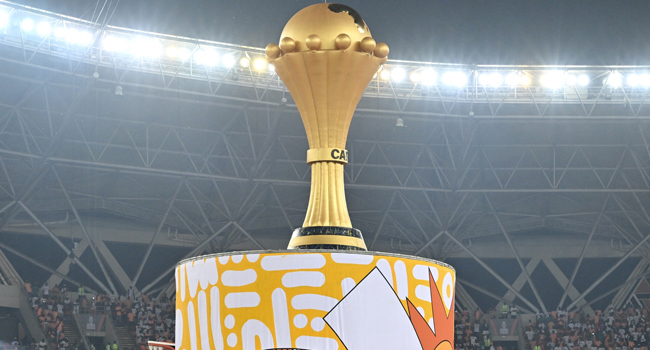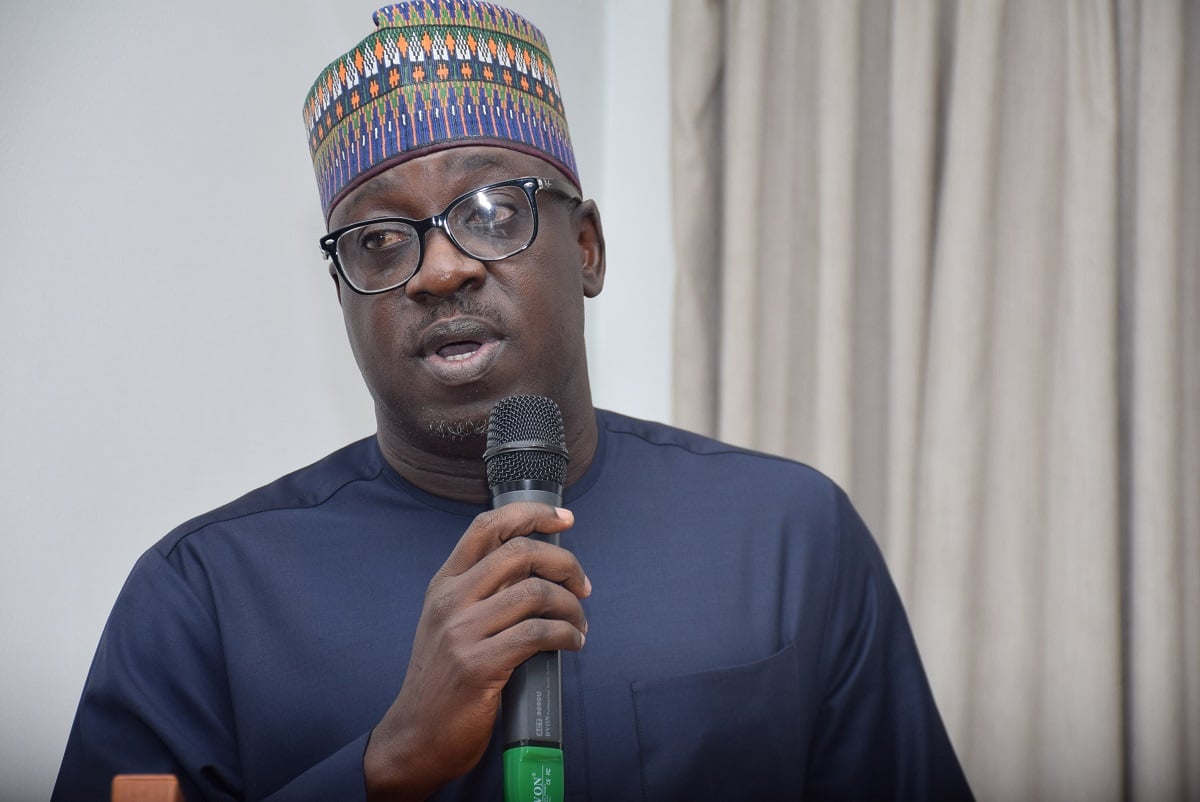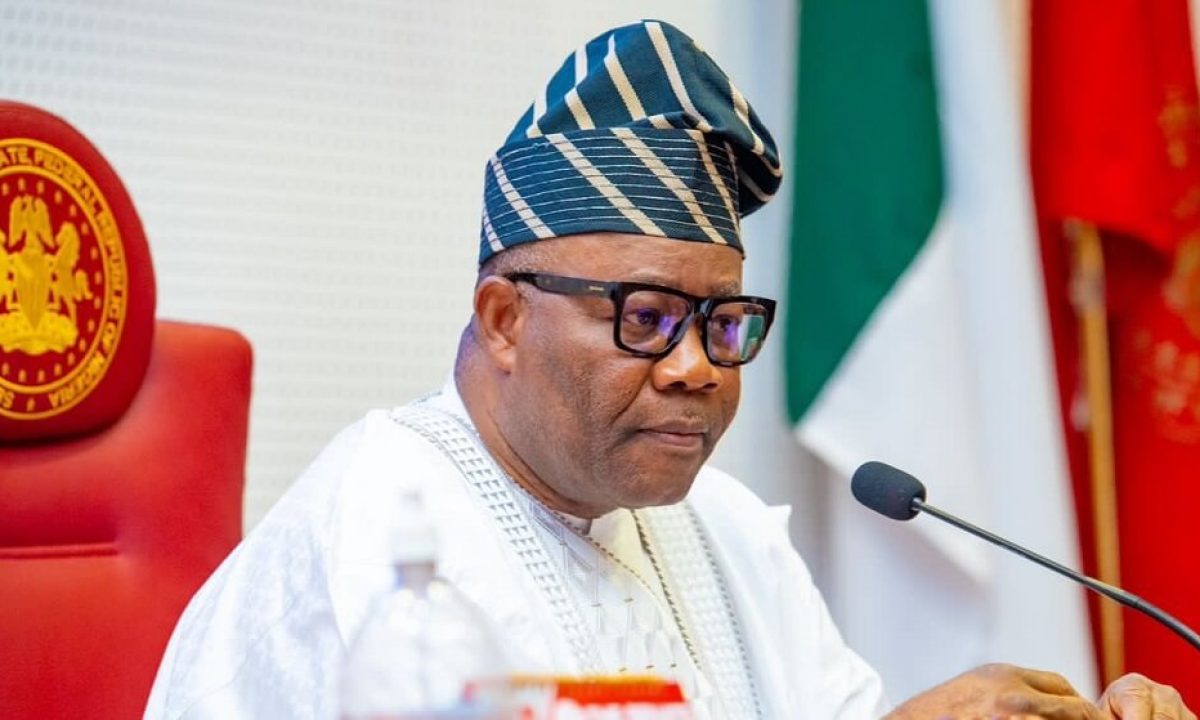Despite a notable rise in total capital inflows into Nigeria in the first quarter of 2025, a troubling trend is emerging in the structure of these investments, which may have long-term implications for economic growth, job creation, and industrial development.
According to the latest Capital Importation Report from the National Bureau of Statistics (NBS), Foreign Direct Investment (FDI) into Nigeria plummeted by 70.06% quarter-on-quarter, falling from $421.88 million in Q4 2024 to $126.29 million in Q1 2025. While this represents a marginal year-on-year growth of 5.97% compared to Q1 2024, it is a stark indicator of dwindling investor confidence in Nigeria’s long-term economic prospects.
FDI: The Engine of Sustainable Economic Development
FDI is often considered the most valuable form of capital importation due to its long-term orientation. Unlike short-term capital or speculative flows (often referred to as “hot money”), FDI is typically committed to tangible projects, such as manufacturing plants, infrastructure development, and industrial expansion, that yield employment, skills transfer, and economic diversification.
In Q1 2025, however, FDI accounted for just 2.24% of total capital importation, a steep decline from 8.29% in Q4 2024 and 3.53% in Q1 2024. This suggests a widening disconnect between total capital inflows and actual productive investment in the Nigerian economy.
Surge in Capital Importation Conceals Deeper Economic Fragility
Paradoxically, the sharp decline in FDI occurred at a time when overall capital inflows into Nigeria surged. Total capital importation reached $5.64 billion in Q1 2025, a 10.8% increase from $5.09 billion in Q4 2024 and a 67% jump from $3.38 billion in Q1 2024.
However, a deeper analysis of the data reveals a disconcerting trend: over 90% of these capital inflows were directed at short-term money market instruments, primarily Open Market Operation (OMO) bills and Treasury Bills issued by the Central Bank of Nigeria (CBN).
Specifically, $4.21 billion, or 74.6% of total capital inflows, was invested in these short-term instruments, driven by elevated interest rates under the CBN’s hawkish monetary stance aimed at taming inflation and defending the naira.
This trend highlights a preference for high-yield, low-commitment investment vehicles, which, while helpful for foreign exchange liquidity, do little to enhance structural productivity or generate jobs.
Why the Decline in FDI Matters
The decline in FDI has far-reaching implications for Nigeria’s economic stability and growth. Unlike portfolio investments, which can be withdrawn at the slightest economic or political tremor, FDI reflects a deeper, more resilient confidence in the host economy. It is particularly vital for:
- Infrastructure Development: FDI typically funds large-scale infrastructure projects such as energy, transportation, and industrial parks—critical drivers of economic competitiveness.
- Job Creation: Foreign companies entering Nigeria through direct investment are more likely to establish physical operations, leading to employment opportunities across multiple sectors.
- Technology and Skills Transfer: Multinational corporations bring in not just capital, but also managerial expertise, innovation, and global best practices that improve local capacities.
- Export Diversification: Long-term investments often target sectors beyond oil and gas, such as agriculture, renewable energy, and manufacturing, aligning with Nigeria’s push for economic diversification.
Equity Investments, the Main FDI Component, Also Fell
A breakdown of the FDI figures shows that equity investment, which forms the bulk of FDI, stood at $124.31 million in Q1 2025. This is a 70.36% decline from the $419.41 million recorded in Q4 2024.
The remaining $1.98 million came from “other capital,” a broad category that includes inter-company loans and reinvested earnings. While this figure surged year-on-year from a negligible base ($0.01 million in Q1 2024), its contribution to total capital inflows remains insignificant.
Root Causes: Why Are Long-Term Investors Pulling Back?
The significant drop in FDI suggests that long-term investors are either pausing or reconsidering Nigeria as a viable destination. Several factors are likely at play:
- Macroeconomic Uncertainty: Inflationary pressures, currency volatility, and inconsistent policy directions create a hostile investment climate for long-term planning.
- Policy Instability: Frequent changes in government policies—especially those related to taxes, import bans, and forex allocation—undermine investor predictability.
- Security Concerns: Persistent insecurity in parts of the country, including banditry, kidnapping, and attacks on oil infrastructure, remain a key deterrent.
- Infrastructure Deficits: Energy shortages, poor transport infrastructure, and unreliable logistics continue to increase the cost of doing business in Nigeria.
Conclusion: A Fragile Capital Structure
While the rise in total capital inflows might appear encouraging, it masks a fragile and unsustainable capital structure. Portfolio inflows dominate, largely targeting short-term gains rather than long-term development. This over-reliance on hot money exposes Nigeria to external shocks, such as global interest rate hikes or geopolitical tensions, which can trigger sudden capital flight.
To reverse this trend, Nigeria must focus on policies that restore investor confidence, attract long-term capital, and reduce reliance on speculative flows. This includes:
- Strengthening institutions and regulatory frameworks;
- Ensuring macroeconomic stability;
- Addressing structural bottlenecks such as power and logistics;
- Improving ease of doing business;
- Promoting sector-specific incentives that encourage FDI in non-oil sectors.
Bottom Line
FDI is a measure of trust.
And right now, that trust appears to be eroding.
If Nigeria seeks sustainable growth, inclusive development, and resilience against global market shocks, it must pivot from chasing hot money to building a solid foundation of long-term, productive capital.












